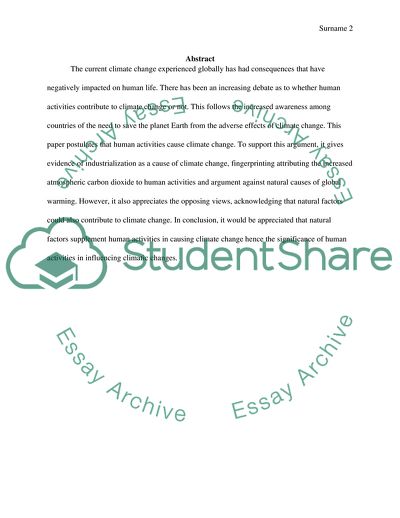Cite this document
(Human Activities Cause Climate Change Research Paper, n.d.)
Human Activities Cause Climate Change Research Paper. https://studentshare.org/environmental-studies/1817197-climatic-change
Human Activities Cause Climate Change Research Paper. https://studentshare.org/environmental-studies/1817197-climatic-change
(Human Activities Cause Climate Change Research Paper)
Human Activities Cause Climate Change Research Paper. https://studentshare.org/environmental-studies/1817197-climatic-change.
Human Activities Cause Climate Change Research Paper. https://studentshare.org/environmental-studies/1817197-climatic-change.
“Human Activities Cause Climate Change Research Paper”. https://studentshare.org/environmental-studies/1817197-climatic-change.


